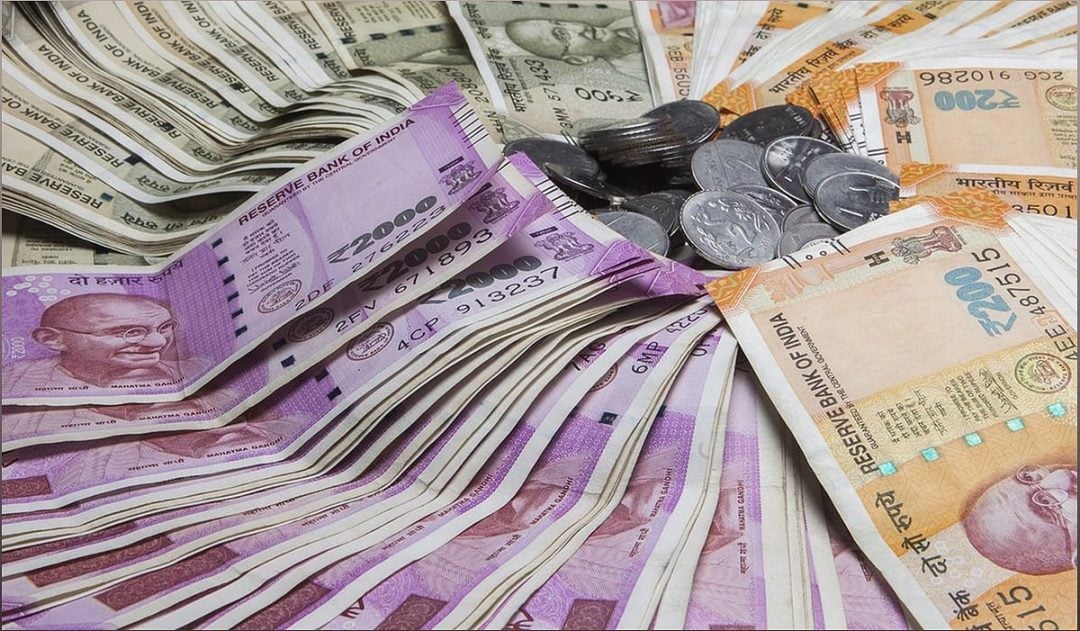The Impact of Electoral Freebies on India’s Fiscal Deficit
In this article, financial expert Emily Johnson delves into the impact of electoral freebies on India’s fiscal deficit. She examines the recent increase in subsidies and welfare schemes, such as LPG subsidies and free ration distribution, and how they contribute to the rising fiscal deficit. Emily also discusses the upcoming general elections and the potential for more welfare schemes to be launched, further straining the government’s finances. She highlights the need for caution and responsible fiscal policies in the face of short-term political gains. Join Emily as she sheds light on the challenges and consequences of electoral freebies on India’s economy.
The Rising Fiscal Deficit: An Overview
India’s fiscal deficit has been a matter of concern in recent years. As financial expert Emily Johnson explains, the fiscal deficit refers to the difference between the government’s total expenditure and its total revenue. In the first half of FY24, the fiscal deficit remained under control, but there are indications that it may increase in the coming months.

According to the Controller General of Accounts (CGA) data, the actual fiscal deficit for FY24 stood at 39.3% of the budgeted amount by the end of September 2023. This is slightly higher than the corresponding period of the previous year. The Reserve Bank of India (RBI) has cautioned against complacency, highlighting the uncertain global environment and upcoming elections as potential risks.
Impact of LPG Subsidies on Fiscal Deficit
One of the factors contributing to the potential breach of the fiscal deficit target is the increase in LPG subsidies. Emily Johnson highlights that additional subsidies under the Ujjwala scheme have been announced, leading to a higher fiscal burden. These subsidies include a subsidy of ₹200 per 14.2 kg cylinder and additional subsidies for refills.
Moreover, the recent elections have prompted the government to announce further subsidies on LPG cylinders. For example, the ruling BJP promised to provide LPG cylinders at reduced prices in certain states. These subsidies, while aimed at benefiting the public, add to the fiscal deficit and pose challenges for the government.
Electoral Freebies and Fiscal Challenges
Electoral freebies, such as free ration distribution and welfare schemes, have become common during election campaigns. Emily Johnson explains that these freebies are aimed at attracting voters but come at a cost. The extension of free ration to a larger percentage of households and the launch of new welfare schemes put additional strain on the government’s finances.
With the upcoming general elections in 2024, there is a possibility of more welfare schemes being announced, further increasing the fiscal deficit. Emily emphasizes the need for caution and responsible fiscal policies to ensure long-term economic stability.
Challenges of Managing the Fiscal Deficit
Managing the fiscal deficit is a complex task for the government. Emily Johnson discusses some of the challenges involved, including the need to balance social welfare programs with fiscal discipline. She also highlights the impact of global economic conditions and domestic political considerations on the fiscal deficit.
Furthermore, the government must carefully evaluate the economic implications of each subsidy and welfare scheme to ensure they are sustainable in the long run. This requires a delicate balance between meeting the needs of the people and maintaining fiscal stability.
